
Yesterday, VICE News confirmed what a lot of people had suspected for some time. That is that the social media application, Twitter, was shadowbanning Republicans and conservatives in order to limit their ability to build a media platform. If you don’t know, shadowbanning originated as a way of controlling disruptive persons in discussion groups. If you applied a shadowban, then they could see their own comments but no one else could. They’d continue to think, if they were particularly dense, that they were still part of a discussion when, in reality, no one else could see what they were posting. (Full disclosure: Disqus has the ability to shadowban comments but that a function is not available to RedState moderators, the comment problems are a technical, not a moderation, issue.)
Shadowbanning in Twitter takes place when a user’s account doesn’t appear in the drop-down search bar. This prevents people from finding the account easily.
The Republican Party chair Ronna McDaniel, several conservative Republican congressmen, and Donald Trump Jr.’s spokesman no longer appear in the auto-populated drop-down search box on Twitter, VICE News has learned. It’s a shift that diminishes their reach on the platform — and it’s the same one being deployed against prominent racists to limit their visibility. The profiles continue to appear when conducting a full search, but not in the more convenient and visible drop-down bar. (The accounts appear to also populate if you already follow the person.)
Democrats are not being “shadow banned” in the same way, according to a VICE News review. McDaniel’s counterpart, Democratic Party chair Tom Perez, and liberal members of Congress — including Reps. Maxine Waters, Joe Kennedy III, Keith Ellison, and Mark Pocan — all continue to appear in drop-down search results. Not a single member of the 78-person Progressive Caucus faces the same situation in Twitter’s search.
…
Twitter’s troll hunt, however, has ensnared some of the most prominent Republicans in the country. Type in the names of McDaniel, conservative members of Congress like Reps. Mark Meadows, Jim Jordan, and Matt Gaetz, and Trump Jr.’s spokesman Andrew Surabian, for example, and Twitter’s drop-down search bar does not show their profiles. The search menu also does not display the verified profile of Rep. Devin Nunes of California, only his unverified one that he seldom uses to post.
Apparently, it is driven by the number of times you are blocked/muted. The assumption being that if you received this response a lot you are disruptive. In reality, it has let lefty mobs block conservatives and make them appear to be troll accounts. But that doesn’t account for guys like Devin Nunes and Matt Gaetz being shadowbanned and it hints that the ban is driven as much by content as anything else.
Though some argue that there is nothing amiss here, in fact, some argue that it is a good thing, the fact is that all of these decisions wouldn’t run in exactly one direction indicate that what is actually happening here is exactly what was described. Certain viewpoints are being deliberately restricted by Twitter. This shouldn’t surprise anyone who has been awake over the past two years and watched Facebook try to turn itself from a social media application into the nanny of the world. Again, all the questionable calls went in exactly one direction.
In the VICEarticle, Kevin McCarthy was interviewed:
“This type of opaque behavior by social media companies is exactly why conservatives are speaking out and demanding more transparency and accountability,” House Majority Leader Kevin McCarthy of California told VICE News in a statement.
“The bias has to stop.”
Twitter’s Jack Dorsey tried to tamp down the fires with a rather bizarre explanation that may very well have coined a phrase we will hear more often…but in an ironic and sarcastic way: “conversational health.”
A short thread addressing some issues folks are encountering as a result of our conversational health work, specifically the perception of “shadowbanning” based on content or ideology. It suffices to say we have a lot more work to do to earn people’s trust on how we work. https://t.co/MN97l7w7RF
— jack (@jack) July 25, 2018
Now President Trump has entered the fray:
Twitter “SHADOW BANNING” prominent Republicans. Not good. We will look into this discriminatory and illegal practice at once! Many complaints.
— Donald J. Trump (@realDonaldTrump) July 26, 2018
Naturally, there were dissenters:
https://twitter.com/TPCarney/status/1022464704978055169
I’ve heard the “it’s a private company” argument in regards to Twitter and Facebook a billion times and I still don’t buy it. It only makes sense if you actually like to lose elections and I’m convinced that there is a non-trivial number of conservatives out there so filled with self-loathing or lack of resolve that they would prefer lose rather than to be put in the position of trying to convince a skeptical nation that their dearly held principles are useful. The argument makes sense if you were willing to take it to its logical conclusion, that newspapers and television stations, being private property, had the right to refuse to cover GOP and conservatives as news and could keep them from buying advertising. It is really difficult to think that anyone would be making this argument if it were a President Marco Rubio or President Ted Cruz.
Ultimately, Twitter and Facebook are going to continue to face political difficulties until they decide to get out of the content management business. Twitter allows you to block and mute unpleasant people (my threshold is “one” comment and I’ve been blocked by Jake Tapper and Josh Rogin and Soledad O’Brien and Oliver Willis, and I don’t care), so there is zero reason for Twitter to interfere with what is said. Threats can be directed to law enforcement agencies. And the fact that Hezbollah and known al Qaeda affiliates aren’t shut down merely shows that Twitter is more interested in imposing its own SJW ethos on Twitter conversations than it is in potential harm.
If the large social media applications don’t get out of the nannying business, then Congress, or a regulatory agency, needs to act to treat them as a public utility.
=========
=========
Like what you see? Then visit my story archive.
Follow @streiffredstate
I’m on Facebook. Drop by and join the fun there.
=========
=========


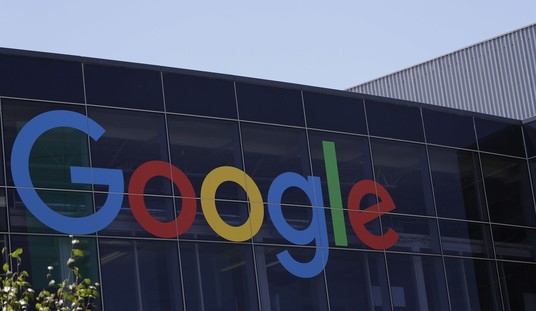
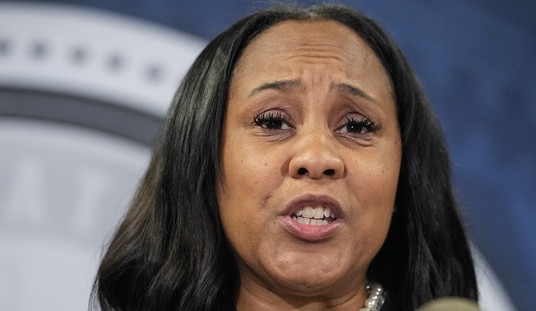
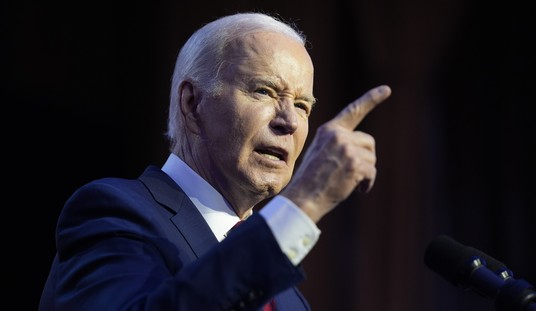
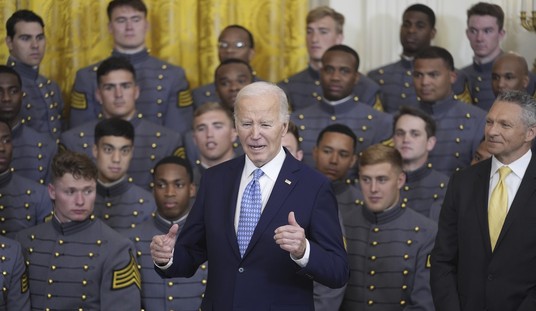
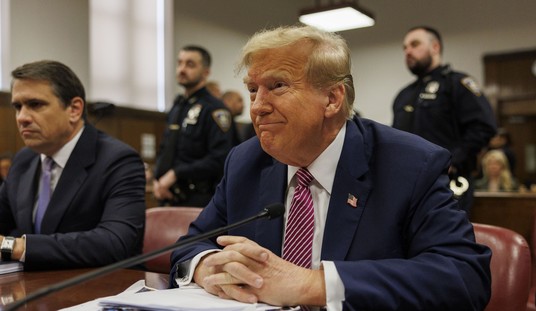


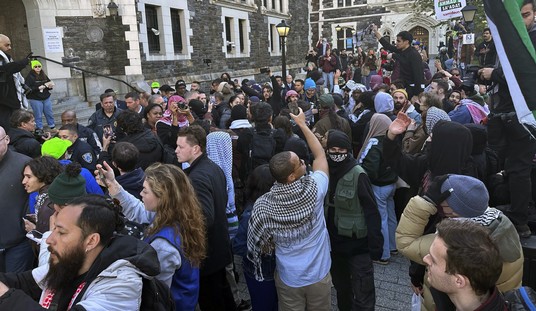
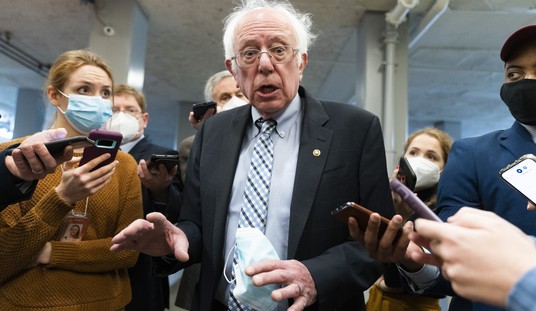
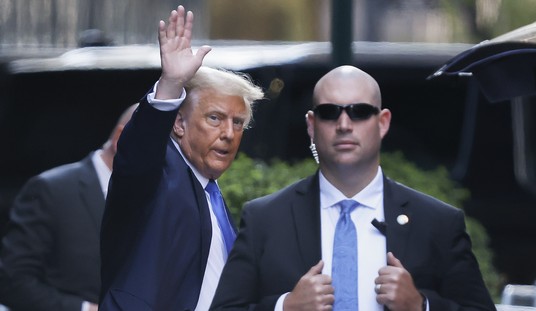
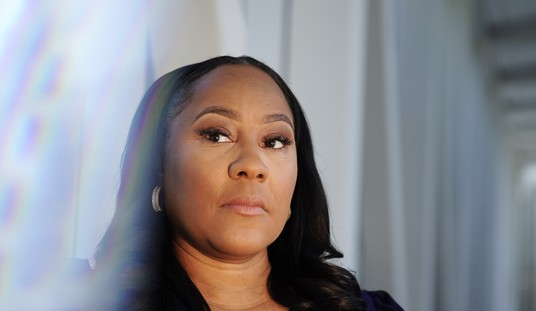
Join the conversation as a VIP Member